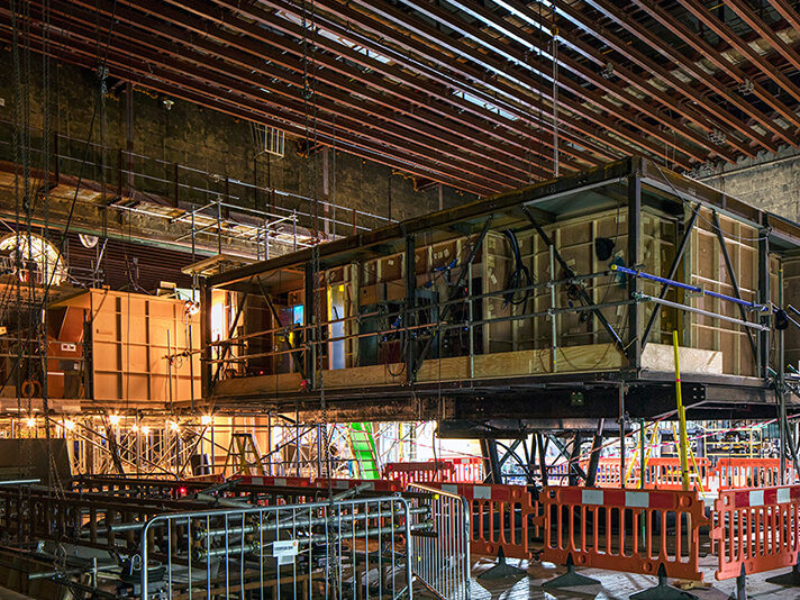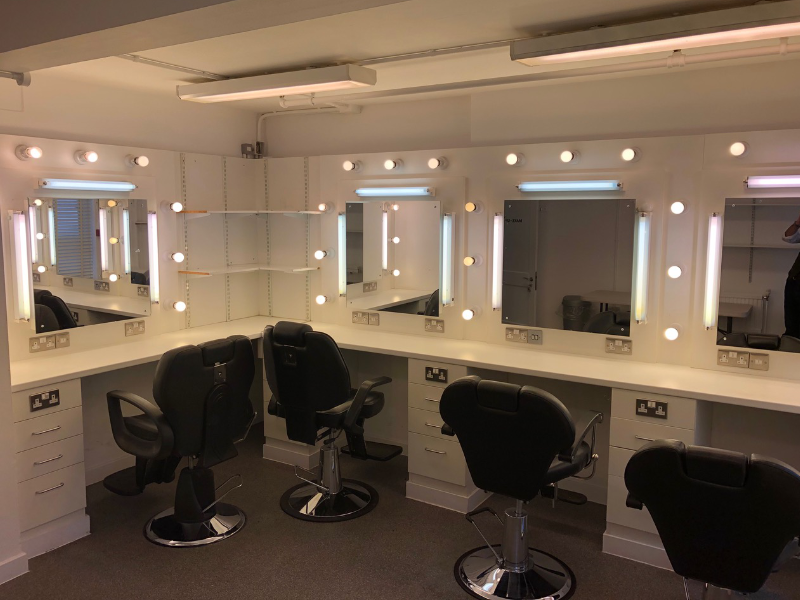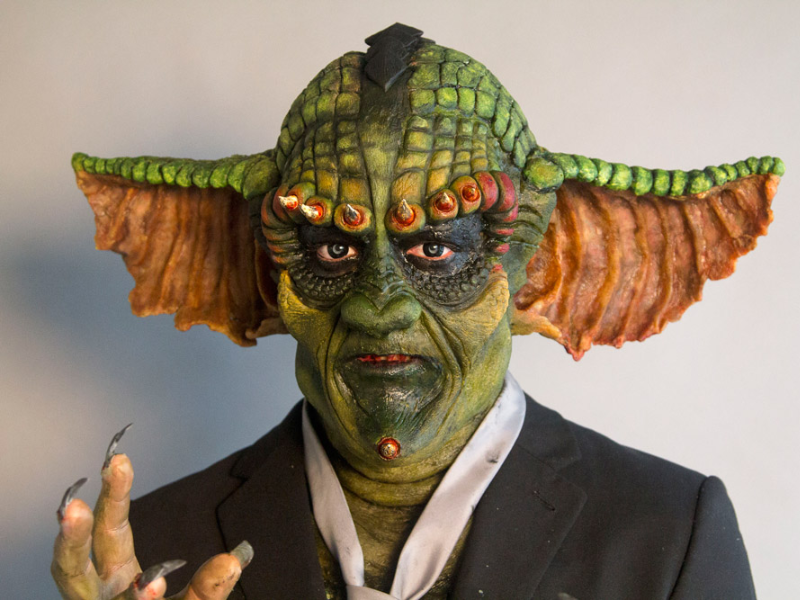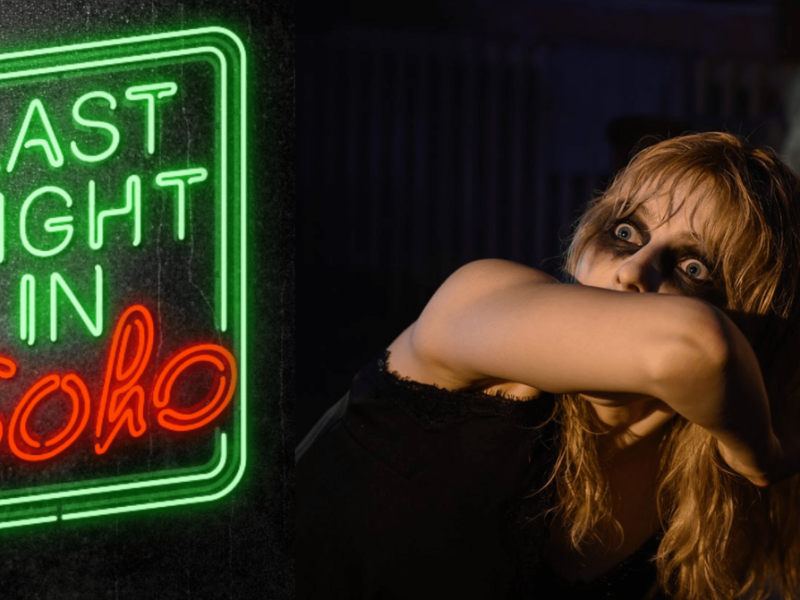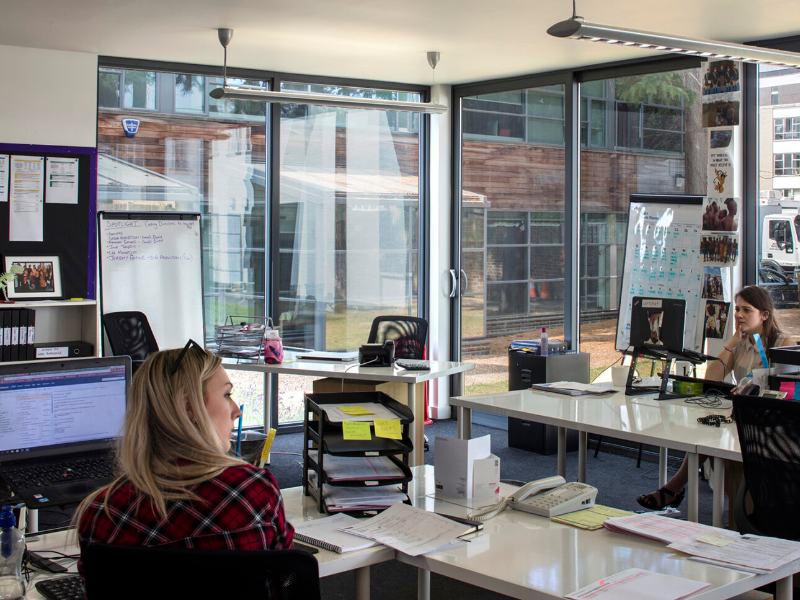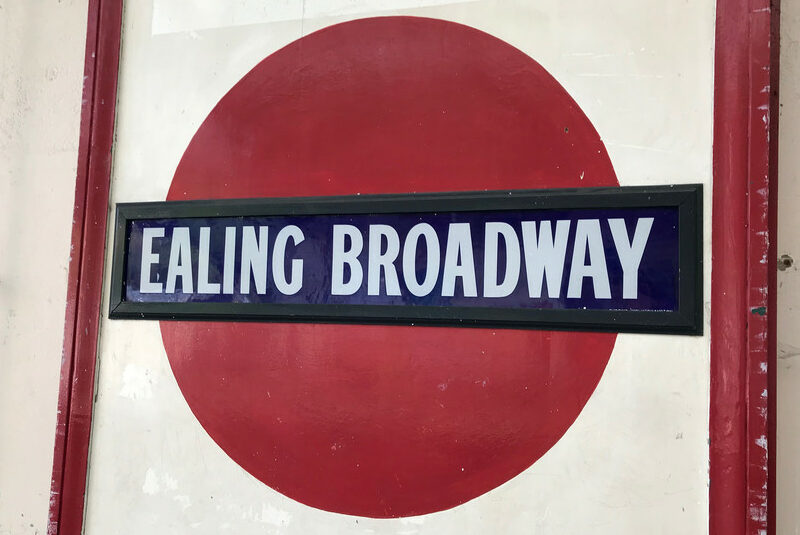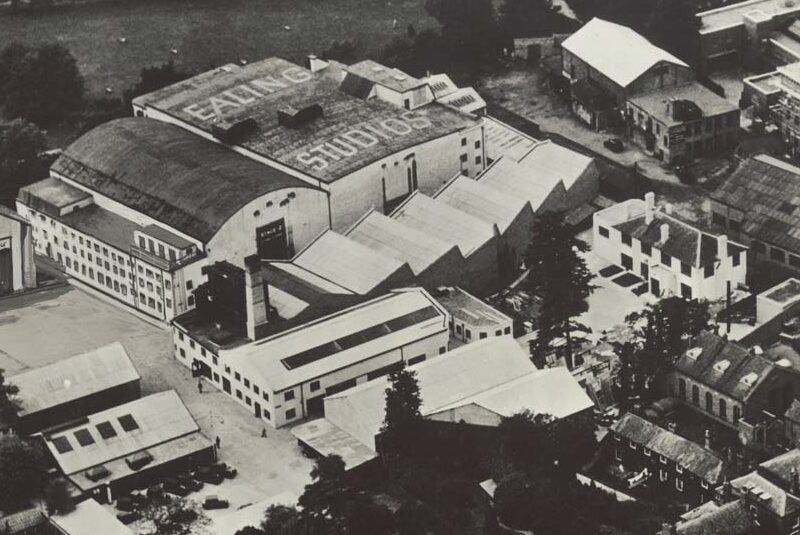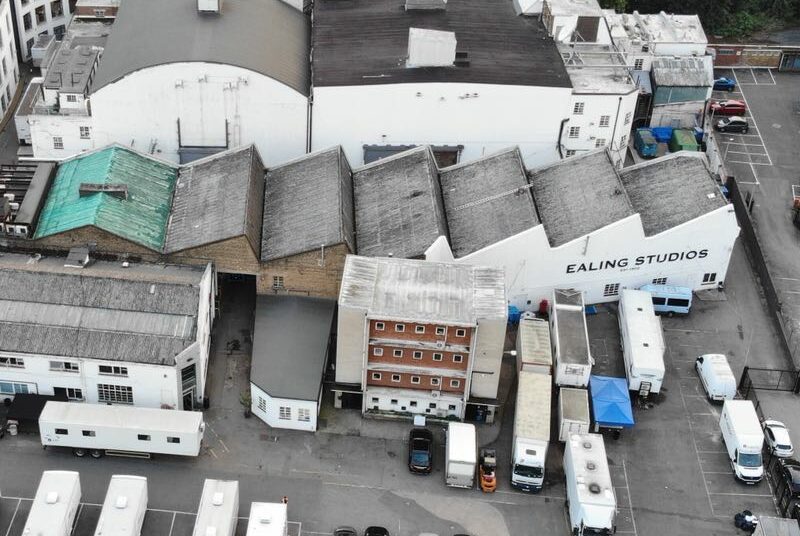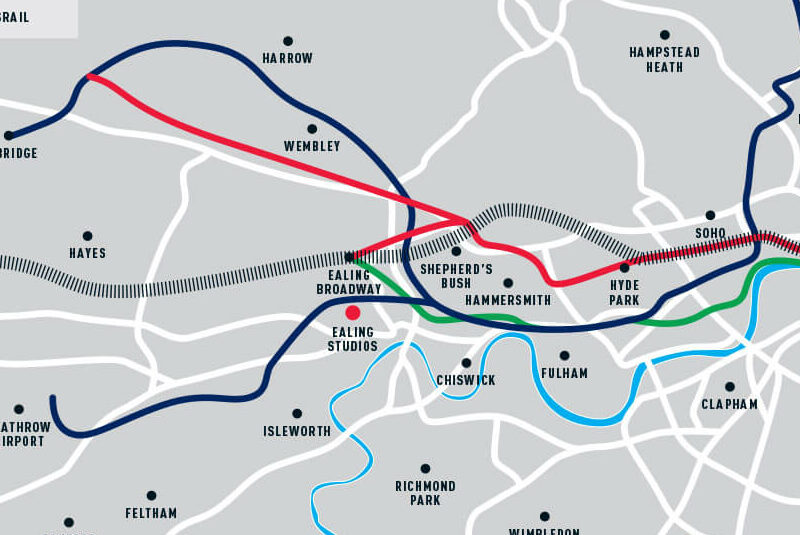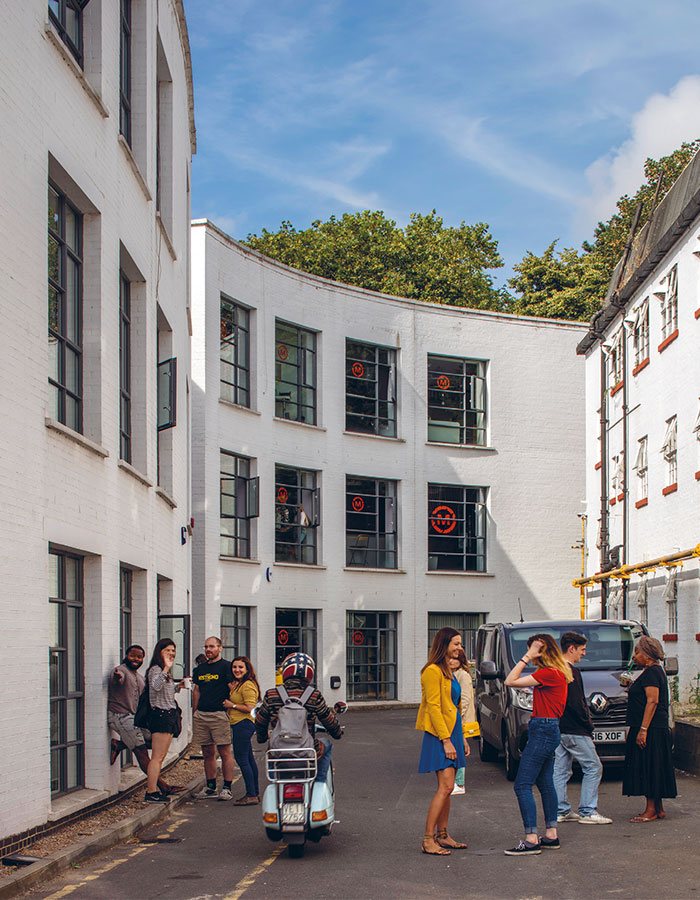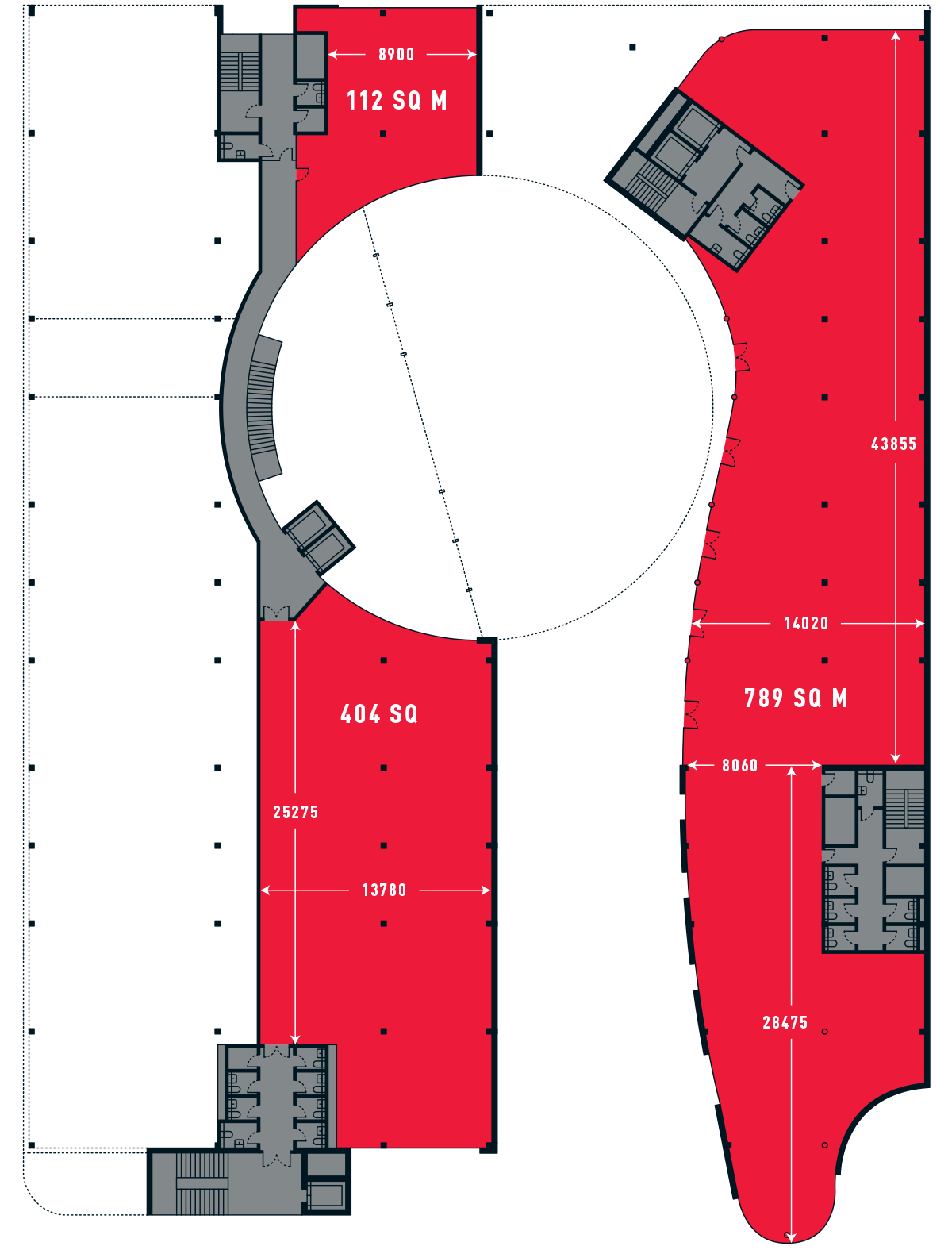DOWNTON ABBEY SERIES 1-6
Archives: Production
Description.
CHAMPAGNE CHARLIE (1944)
Champagne Charlie is a 1944 British musical film directed by Alberto Cavalcanti and loosely based on the rivalry between the popular music hall performers George Leybourne (born Joe Saunders), who was called “Champagne Charlie” because he was the first artist to perform the song of that title, and Alfred Vance, who was known as “The Great Vance”. Leybourne and Vance, portrayed by Tommy Trinder and Stanley Holloway, were London’s big music hall stars of the 1860s and 70s, of the kind called lions comiques. In the film, they are “top of the bill” at their respective music halls. The film’s female leads are a music hall owner and her daughter, portrayed by Betty Warren and Jean Kent. Champagne Charlie opens with a sing-along in a pub, and follows the rise of Leybourne as a music hall singer. The highlight of the film is a singing competition between the two protagonists. Leybourne sings “Ale Old Ale” and Vance replies with “Gin, Gin, Gin”; the competition continues, with the scene finally ending with the song of the title. The film is notable for its realistic approach to showing details of the audiences, venues and staff, with copious quantities of food and drink providing a vicarious delight for wartime audiences. In 1944, Champagne Charlie was typical of feature films designed to raise morale and generate goodwill.
FIDDLERS THREE (1944)
Fiddlers Three is a 1944 British black-and-white comedy with music. The film was produced by Michael Balcon and directed by Harry Watt. The cast included Tommy Trinder, Sonnie Hale, Frances Day, Francis L. Sullivan, Diana Decker and Elisabeth Welch. Making their film debuts were James Robertson Justice, and Kay Kendall near the bottom of the cast list, as the “Girl Who Asks About Her Future At Orgy”. The film follows the adventures of two sailors and a Wren who are struck by lightning and transported back to Ancient Rome, where they are accepted as seers. The film was called While Nero Fiddled on its USA release. It is a loose sequel to the 1940 film Sailors Three which had also starred Trinder. The film was only moderately successful at the British Box Office but proved to be a major hit in Australia.
JOHNNY FRENCHMAN (1945)
Johnny Frenchman is a 1945 British film produced by Ealing Studios and directed by Charles Frend. The film was produced by Michael Balcon from a screenplay by T.E.B. Clarke, with cinematography by Roy Kellino.
PAINTED BOATS (1945)
Painted Boats (US titles The Girl on the Canal or The Girl of the Canal) is a black-and-white British film directed by Charles Crichton and released by Ealing Studios in 1945. Painted Boats, one of the lesser-known Ealing films of the period, is brief (63 minutes long), uses a little-known cast and has a slight storyline. It is however considered significant by waterways enthusiasts as a fictionalised documentary, providing a rare extensive filmic depiction of a long-gone way of life on England’s working canal system in the 1940. The narration was by Louis MacNeice, including some verse specially written to suit the onscreen action, most notably the sequence in which the narrow boat is being ‘legged’ through one of the tunnels.
A UNITED KINGDOM
A UNITED KINGDOM
DEAD OF NIGHT (1945)
Dead of Night is a 1945 British anthology horror film (a gothic or horror anthology) made by Ealing Studios; the individual stories were directed by Alberto Cavalcanti, Charles Crichton, Basil Dearden and Robert Hamer. The film stars Mervyn Johns, Googie Withers, Sally Ann Howes and Michael Redgrave. The film is probably best-remembered for the ventriloquist’s dummy episode with Redgrave. Dead of Night stands out from British film of the 1940s, when few horror films were being produced in the country (horror films had been banned from production in Britain during the war), and it had an influence on subsequent British films in the genre. Both of the segments by John Baines were recycled for later films, and the possessed ventriloquist dummy episode was adapted as the audition episode of the long-running CBS radio series Escape.
UNDERCOVER
PINK STRING AND SEALING WAX (1945)
Pink String and Sealing Wax is a 1945 British drama film directed by Robert Hamer and starring Mervyn Johns, Googie Withers and Gordon Jackson. It is based on a play with the same name by Roland Pertwee. It was the first feature film Robert Hamer directed on his own.
THE CAPTIVE HEART (1946)
The Captive Heart is a 1946 British war drama, directed by Basil Dearden and starring Michael Redgrave. It is about a Czechoslovak Army officer who is captured in the Fall of France and spends five years as a prisoner of war, during which time he forms a long-distance relationship with the widow of a British Army officer. The film was entered into the 1946 Cannes Film Festival. The film is partly based on the true story of a Czechoslovak officer in the RAF Volunteer Reserve, Josef Bryks MBE, and his relationship with a British WAAF, Gertrude Dellar, who was the widow of an RAF pilot.




